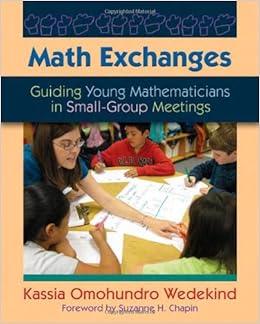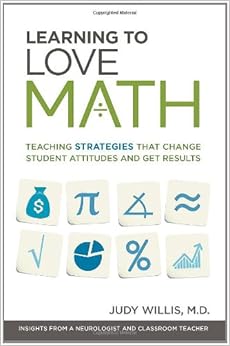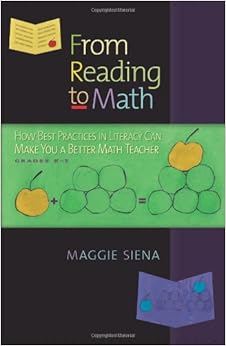On Election Day, I left pondering my beliefs and convictions as an educator. I am seeing so many articles, posts, videos, and papers sharing the unease in our education system. I am watching teachers throw out what is working for what they are being told to do. I am hearing teachers say that they don't want to do this anymore. I agree, I've had quite enough.
BUT I'm not giving up (yet) because I have conviction!
conviction: the feeling of being sure that what you believe or say is true
Whenever one person stands up and says,"Wait a minute, this is wrong," it helps other people to do the same. -Gloria Steinem
This post is more about encouraging to
do what is right for each of your students. You know them, you spend a lot of your waking hours caring for their minds and hearts, you think about them in your dreams, while you're driving the car, in the shower, while you're watching TV. You become an expert on each child.
You are their voice in this crazy system.
It's about being alive and feisty and not sitting down and shutting up even though people would like you to. -Pink
I am encouraging you to teach! I mean it...literally teach. We have all done it but lately we are so focused on testing and accountability that the teaching is getting lost. I get it, it's staring you hard in the face, and you have a lot riding on testing BUT what if you were teaching your students without being concerned about the test and gave them the strategies and skills to kill that test.
Our lives begin to end the day we become silent about things that matter. -Martin Luther King Jr.
The NEA has launched a campaign to end "
Toxic Testing." In their article, they state, "
This is what educators can control — their practice." You are an educated professional with a real, actual, growing and changing brain...you have so much to offer (think of all the hours you've spent becoming an expert at what you do). Don't let politics take that away from you. Don't become a minion. Stand up for your beliefs. Speak with conviction. Hold true to your values about teaching.
To believe in something, and not live it, is dishonest. -Mahatma Gandhi
I know many of you think, "That's what I'd like but it's not reality."
Make it your reality...only you can. Let's break this down into making it a possibility. I wrote a post recently in which I outlined my non-negotiables called
Nope, not going to happen.... In it I shared the seven things that I hold true deep down that I'm NEVER willing to give up.
Figure out your own non-negotiables. Stick to those. With other things that you don't have strong beliefs or opinions on let yourself meld a bit to what the expectation is from your school, county and/or state. I say that with a bit of caution....still be a consumer. Still shop like you would for a new cell phone making sure it is reliable, updated, a quality product and tested/researched. Ask your co-workers, your trusted friends, your mentors or coaches. Do your homework....don't just follow along without question.
Defend your beliefs with courtesy & compassion but defend them. -Jeffery R. Holland
I started to write the hurdles that I am facing in my own educational life, but then I thought this isn't a laundry list of my grievances...because lord knows we all have them!
This post is about empowerment and conviction. This post is encouragement to all the teachers that aren't feeling good about what they are doing daily. This post is about community and coming together for something more important than politics. It's for our students, it's for our future, it's for the well-being of our nation. So go all and TEACH!!
-Vote
-Go to School Board meetings
-Talk to your union representative
-Join the NEA
-Write to senators, representatives, governor, legislator or commissioner
-Encourage your co-workers
-Talk to your administrators
-Plan a meeting with your superintendent
-Educate yourself on what the test is testing vs. the standards you teach
-Educate yourself on research about best practices
-Teach like no one's watching






































